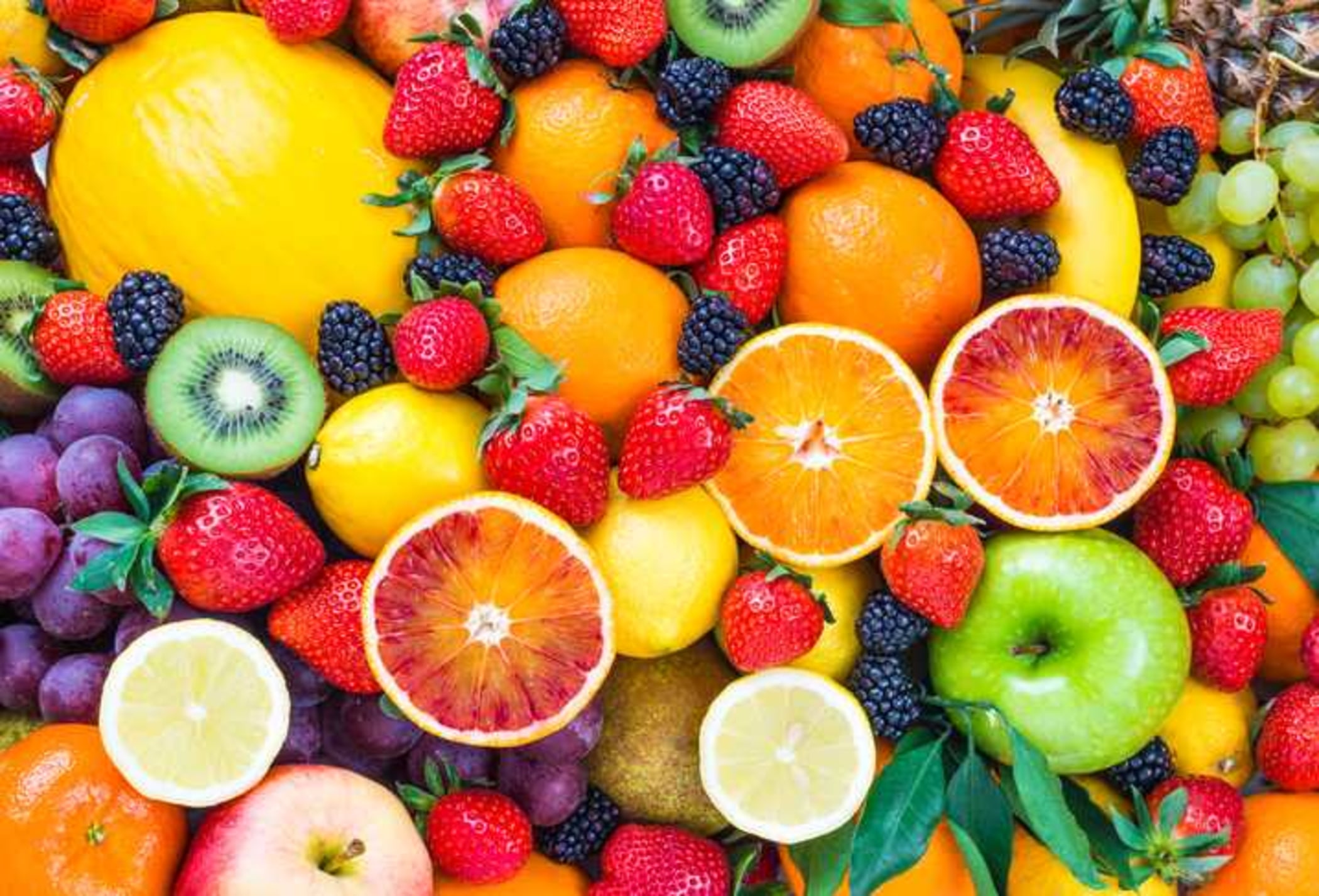You may not know that eating fruits like this will get you sick
1. If you eat too many oranges, your whole body will turn yellow
Oranges contain carotene. Due to the short-term intake of citrus (over 1~2 catties a day) or carrots, the liver cannot metabolize carotene into vitamin A in a timely manner, causing the carotene content in the blood to increase sharply. The yellow pigmentation is in the skin and tissues, which triggers carotenemia and causes yellowing of the skin.
2. Don't eat a lot of fruit if you are obese
Eat only fruits and beware of diseases such as high blood sugar or hyperlipidemia that are easily acquired by obese people. Because the fruit itself is rich in sugars, if you eat too much sugar and exercise less, the problem of high blood sugar or blood lipids will occur. In this regard, patients with obesity, diabetes, hyperlipidemia, and fatty liver, as well as MM who only eat fruit meals to lose weight, and pregnant women should pay special attention.
3. Fruits should not be squeezed and drunk
Nowadays, more and more families have purchased juicers, and they feel that drinking fresh fruit juice is both delicious and convenient. However, nutrition experts remind that, except for people with bad teeth, it is best not to squeeze the fruit to drink, and eat it directly to be more nutritious.
Because drinking fruit juice will reduce people's intake of fiber-rich fruit. And this cellulose has the health effects of preventing and reducing diabetes, cardiovascular diseases, etc., and can effectively stimulate gastrointestinal motility and promote defecation.
In addition, direct consumption of fruit is easy to produce a feeling of fullness, and drinking fruit juice will unknowingly ingest too many calories and sugar, which increases the risk of illness.
4. Buy less cut fruits
Fruits are the main source of vitamin C. Vitamin C is easily oxidized in the air, and high temperature and sunlight will cause it to be lost. Fresh fruits that have been peeled and cut in advance may have reduced nutrients. The British Consumers Association conducted a study to test the vitamin C content of prepackaged cut fruits and vegetables sold in supermarkets. It was found that of 13 samples, the vitamin C content of 4 samples was half lower than the vitamin C content recorded in the reference book.
5. Improper handling of cut fruits is easy to be contaminated by bacteria
Fruit surfaces are easily contaminated by pollutants, chemicals, animal excretion, or bacteria such as Salmonella. If the fresh fruit is not disinfected, there may be salmonella on the surface of the fruit. When using a knife to cut fresh fruit that has not been cleaned, the bacteria in the contaminated fruit skin will be transmitted to the edible part through the knife. If the cut fruit is stored at room temperature for too long, bacteria will grow.
6. Toxic substances will be produced when fruits are frozen
Nutrition experts reminded that fruits are more likely to produce nitrite after being frozen, and excessive consumption of nitrite can cause headaches, dizziness, nausea, vomiting, and other symptoms.
It is critical that customers learn to recognize whether the fruit is frozen. After oranges and oranges are frozen, the oil on the skin penetrates into the pulp, and the pulp is prone to bitterness. The surface of the frozen fruit is generally black.
7. Eating unripe bananas can increase constipation
Bananas are rich in dietary fiber, a large part of which will not be digested and absorbed, but can increase the volume of feces and promote bowel movements.
At the same time, the sugar content of bananas exceeds 15% and contains a lot of water-soluble plant fibers, which can cause hypertonic gastrointestinal secretion, thereby adsorbing water to the solid part, making the stool soft and easy to discharge. However, these effects are only possessed by ripe bananas. Unripe bananas may have adverse effects. They contain more tannins, which are more insoluble, and have astringent effects on the digestive tract, and inhibit gastrointestinal secretion. And inhibit its peristalsis, if too much intake will cause constipation or aggravate the constipation condition.
8. Eat mango to prevent allergies
Mango contains a lot of fruit acids, amino acids, protein, etc. These substances contain more irritating substances. After contacting the skin of the human body, it will cause allergies. In severe cases, redness, swelling, and pain will occur. But not everyone will have allergies when eating mango, and even if they have allergies, everyone's reaction is different. Some people will have a reaction the day they eat it, and some will have symptoms after two or three days.
9. Avoid eating fruit immediately after a meal
Eating fruit immediately after a meal will not only help digestion but will cause flatulence and constipation. Therefore, it is advisable to eat fruit 2 hours after a meal or 1 hour before a meal.
10. Avoid gargle when eating fruits
Some fruits contain a variety of fermented sugars, which are highly corrosive to teeth. If you do not rinse your mouth after eating, the fruit residue in the mouth can easily cause dental caries.
11. Avoid eating too much fruit
Excessive consumption of fruits will lead to a lack of copper in the human body, resulting in increased blood cholesterol and coronary heart disease. Therefore, it is not advisable to eat too much fruit in a short period of time.

Comments
Post a Comment